
‘When I look at our recruits I don’t see discrimination’: NSW Police Assistant Commissioner
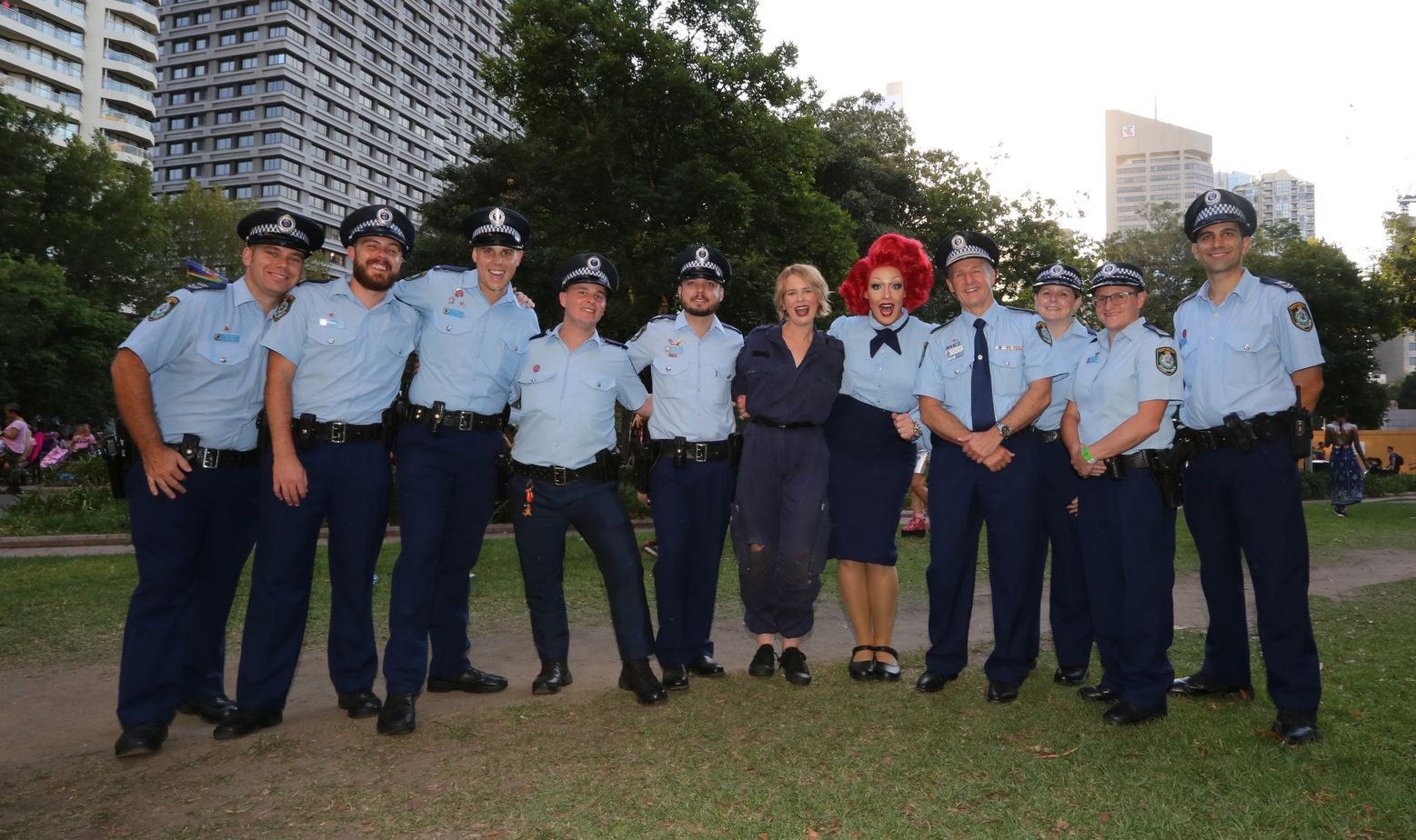
Recruiting a police officer 30 years ago was different to recruiting a police officer today.
Strength was often valued over intellect, and the lack of diversity in the force reflected community attitudes at the time.
However, in the years since, the NSW Police has worked to rectify this.
Assistant Commissioner Tony Crandell says diversity in their ranks is important, not only in terms of sexuality and gender, but also in terms of culture, race, and religion.
“I think diversity adds to our ability to serve the community,” he says.
“If a member of the LGBTI community can see police services and policing through a particular lens, then that can be shared among the rest of the organisation and we can learn from that perspective.
“It’s no good me trying to see a situation through the lens of a racial minority – when we have representatives from these communities they absolutely understand exactly how their communities think and work.”
One of the major steps towards inclusion and diversity in the force has been the introduction of GLLOs – Gay and Lesbian Liaison Officers.
They are tasked with assisting the police in responding to homophobic and transphobic incidents, acting as an understanding gateway for LGBTI people to access the police, and providing support to LGBTI staff.
Crandell says the GLLO program has grown over time to include both gay and straight officers alike, who want to show their commitment to the LGBTI community.
“I do think society is changing, and if I had my way we wouldn’t even need positions like this because it wouldn’t be necessary… but it is,” he says.
“Our GLLO program is at the forefront, but we also head along to Hay Mardi Gras and Broken Heel Festival to show our support, and we involve the LGBTI community in the education of our officers.
“Every police officer who comes here receives education and an understanding of the LGBTI community, and when I look into the eyes of those recruits I don’t see any discrimination.”
He adds that for victims of crime, accessing a GLLO is simple.
“You can always ask for a GLLO and we can arrange it,” he says.
“Especially for trans youth, that’s a particular focus of ours – if we can help reduce the rate of suicide in the trans community, that’s all we can hope for.”
The number of LGBTI-identifying officers in the force has been on the rise over the years as well.
Crandell encourages people to inquire or apply if they’re interested in joining.
“I would say to LGBTI people that want to join the police force, come in, we welcome you with open arms,” he says.
“I’m in charge of recruiting now and I’m on the lookout for LGBTI employees.
“When we are seen as strong, inclusive, and LGBTI friendly, people want to come work for us – we’re been labelled a gold standard employer by the Australian Workplace Equality Index (AWEI) and that’s what we’ve been working towards for some time.”
To find out more about how the NSW Police is working with and for LGBTI communities, visit their website or check them out on Facebook.
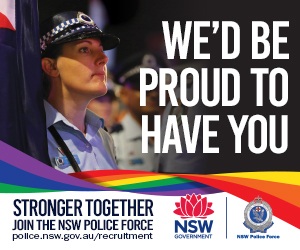





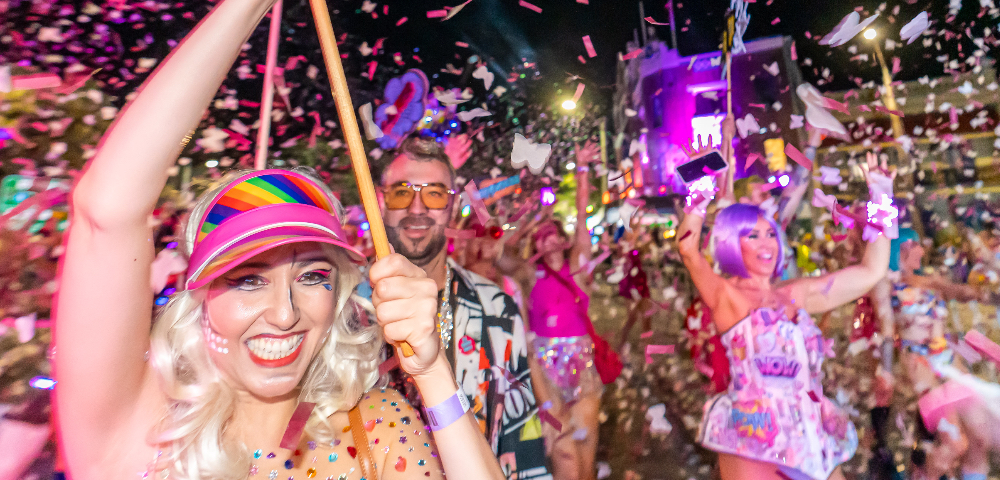
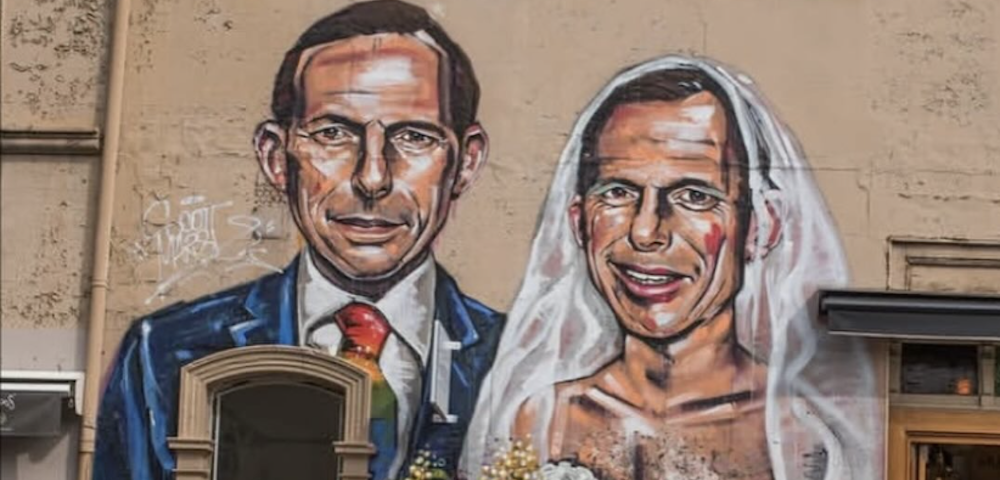
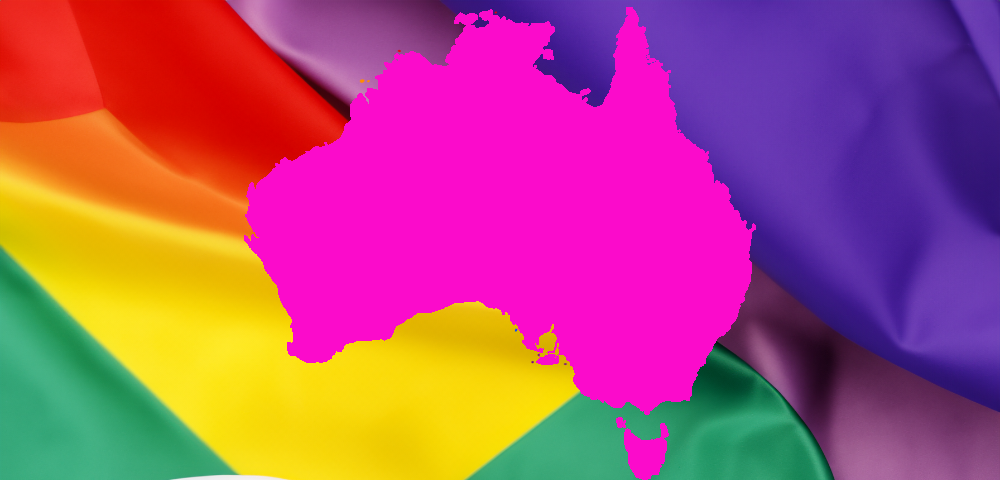
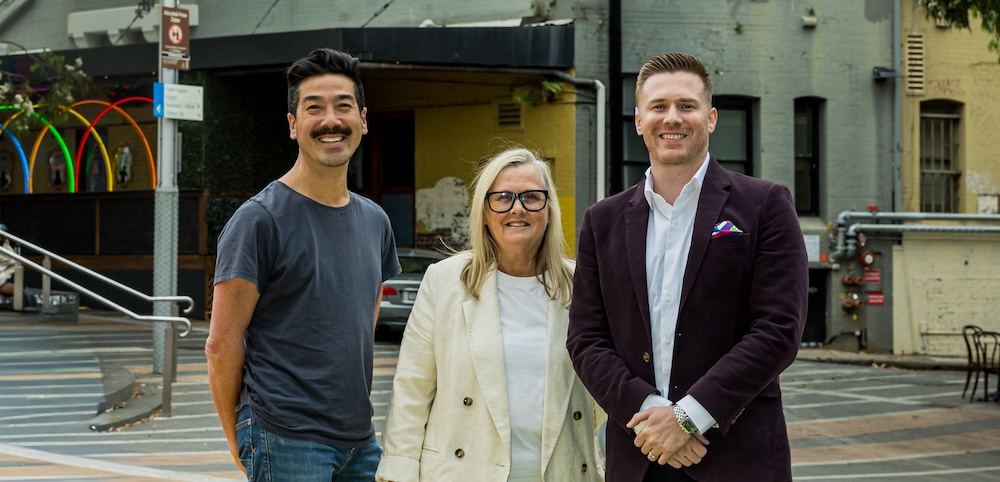

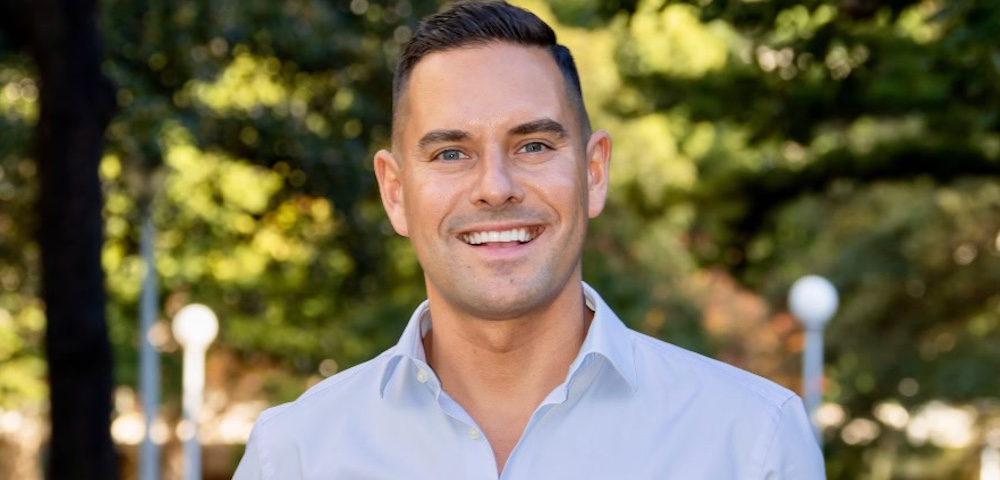
And looking at the group photo at Mardi Gras the police force still looks like a predominantly white boys club.
A few LGBTI liaison officers doesn’t make for diversity.